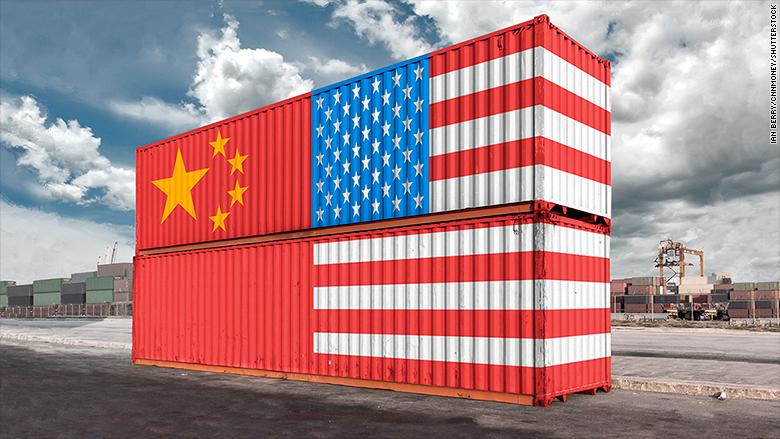Minxin Pei, Tom and Margot Pritzker ’72 Professor of Government , Claremont McKenna College
Aug 18, 2021
As the worst trade war since WWII enters its fourth year, it is worth stepping back to survey the overall trajectory of the U.S.-China trade dispute.
Christopher A. McNally, Professor of Political Economy, Chaminade University
Aug 11, 2021
There is a global shift towards a new economic philosophy, which both Washington and Beijing are grappling with. Open understanding of both economies could help the two countries establish the foundation for cooperation.
Brian Wong, Assistant Professor in Philosophy and Fellow at Centre on Contemporary China and the World, HKU and Rhodes Scholar
Aug 06, 2021
The U.S. and China conduct hundreds of billions of dollars worth of trade with each other, yet they remain at odds in the political arena. Although each government can claim their grievances, business operators have more to gain with more open communication.

He Weiwen, Senior Fellow, Center for China and Globalization, CCG
Jul 31, 2021
The measures have dismally failed to meet the objectives of the Trump administration, and Biden should lift them immediately. Doing so, with China following suit, will usher in a new period of robust expansion that supports economic recovery on both sides of the Pacific.
Jul 20, 2021
The Biden administration is considering a digital trade agreement with countries in the Indo-Pacific in an effort to check China's influence in the region.
Zhou Xiaoming, Former Deputy Permanent Representative of China’s Mission to the UN Office in Geneva
Jul 16, 2021
The road for Washington and Beijing will continue to be treacherous. Biden’s geopolitical objectives on trade do not portend glorious days of sunshine, but thunderstorms. The trade war is not on its way out but will likely rise again in a different form.

Zainab Zaheer, Development Consultant
Jun 10, 2021
Katherine Tai’s appointment as the top economic negotiator for the U.S. may signal America’s overall direction in trade relations with China, but Tai’s actions have yet to reveal clear steps forward.
Doug Bandow, Senior Fellow, Cato Institute
Jun 10, 2021
China and the U.S. share misguided illusions of the other that remain unproductive and even dangerous. Both governments must strive to see each other clearly and cooperate in the face of increasing public hostility.
Zhou Xiaoming, Former Deputy Permanent Representative of China’s Mission to the UN Office in Geneva
May 28, 2021
Tariffs have ceased to be an effective bargaining chip for the United States as it seeks concessions from China. The effort at compulsion has been a miserable failure as China adapted effectively and U.S. consumers bore the costs. U.S. President Joe Biden should rethink his approach to relations.
Dan Steinbock, Founder, Difference Group
Apr 29, 2021
China’s record 1st quarter performance will accelerate momentum and support global economic prospects. But new trade wars could once again derail global recovery.
Back to Top

- China-US Focus builds trust and understanding between the U.S. and China through open dialogue among thought leaders.
- Our Offerings
- Topics
- Videos
- Podcasts
- Columnists
- Research Reports
- Focus Digest
- Stay Connected
-
Thanks for signing up!
- Get the latest stories from China-US Focus weekly.